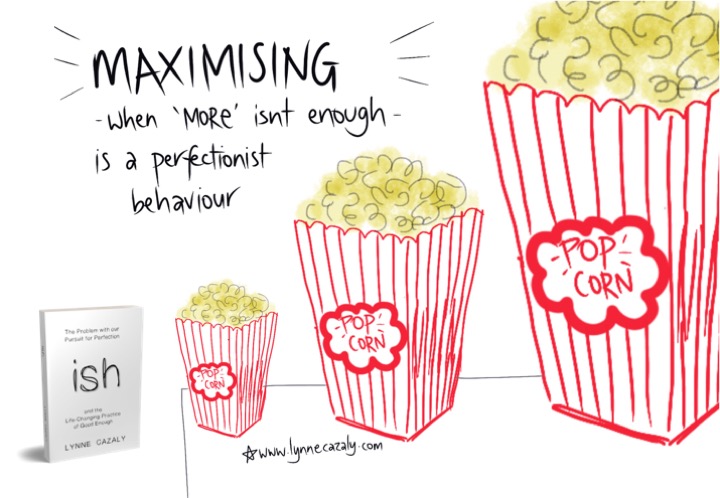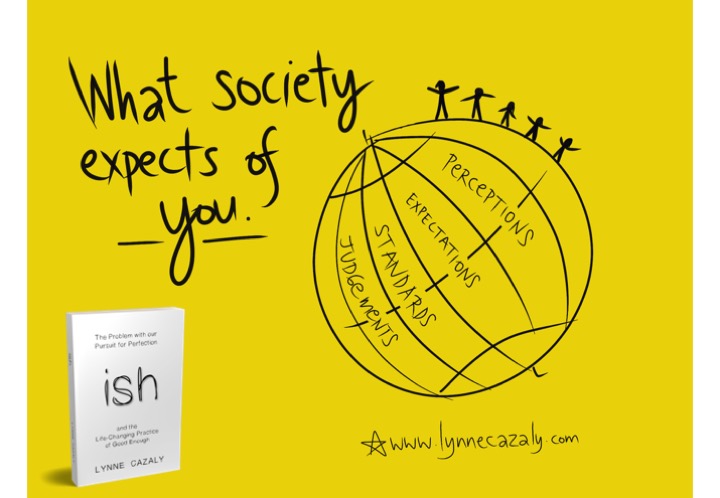Exhaustively seeking the best
 Sunday, August 11, 2019 at 10:18PM
Sunday, August 11, 2019 at 10:18PM  This week’s posts are on maximising. It's not a good thing.
This week’s posts are on maximising. It's not a good thing.
Nobel Prize-winning economist Herbert Simon talked of ‘maximising'. As a political scientist and cognitive psychologist he knew plenty about how we make decisions.
If we keep working on something - think a presentation, report or document - we can end up wasting a great deal of energy, time and effort. The result is we create stress, worry and unnecessary overthinking.
We can find ourselves overworking, over-researching, checking and rechecking or endlessly gathering information. It’s a painful choice to keep chasing or seeking better or best. And yes, better and best belong where standards of excellence are required and achieved.
But that report, presentation, article, post … it’s time to stop the endless search for the best. It's exhausting. Not just for you, but for the people you work with (and live with). They might be waiting on you to deliver, finish, send or hand over something. Or be there.
Go check with them: is what you’ve done so far good enough for the task at hand?
Do you feel exhausted? Might you be seeking 'the best' on something you're currently working on?





















